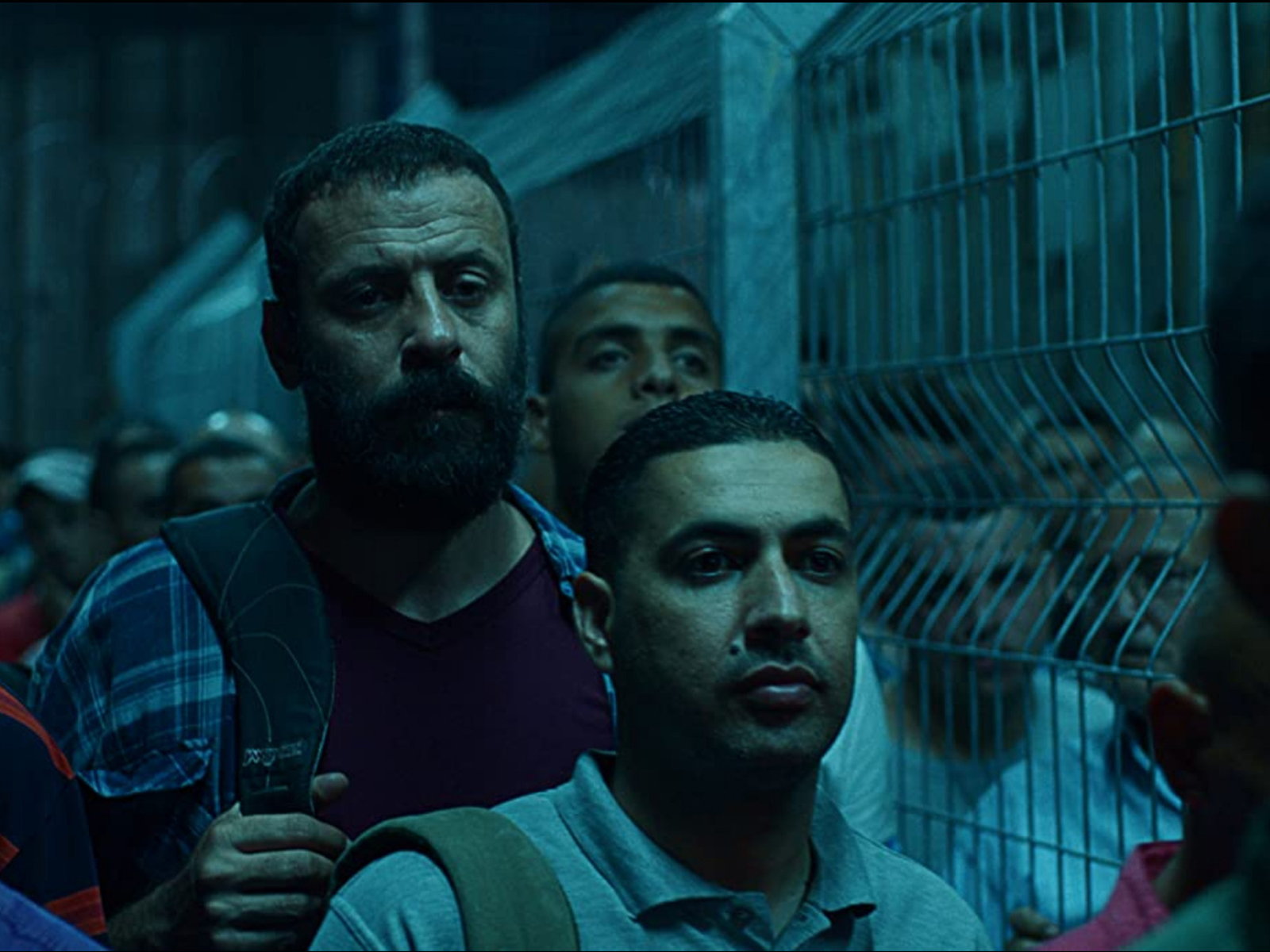
- Golden Globe Awards
200 Meters (Jordan): Interview with Actor Ali Suliman
When Hany Abu Assad’sParadise Nowwon the Golden Globe for the Best Foreign Language Film in 2007, becoming the first Arabic-speaking film to do so, its young Palestinian star, Ali Suliman, caught Hollywood’s attention. In the same year, Suliman was cast in Peter Berg’s The Kingdom, and he followed it with a part in Ridley’s Scott’sBody of Lies, then in Peter Berg’s The Lone Survivor. He had also played major roles in TV shows such as Showtime’s Homeland, Hulu’s The Looming Towers, and Amazon’s Jack Ryan. But he has never ceased working in Palestinian movies and being an Israeli citizen and a Hebrew speaker, he has played lead roles in several Israeli movies. His recent film, Ameen Nayfe’s, has been submitted this year for a Golden Globe consideration in the Best Foreign Language film. In the film, Suliman plays Mustafa, a Palestinian from the West Bank, whose wife and children live 200 meters across the separating wall in Israel, yet he has to take a perilous long journey in order to reach them.
Nayfeh said that he was wary of asking a veteran actor like yourself to star in his first directorial. What convinced you to take the part?
First, I was impressed by the script. It’s beautifully written. And I loved the drama in the story and Mustafa’s predicament. He lives in the West Bank, 200 meters from his family yet he can’t reach them. He endures this physical separation because his wife decides that it’s better and safer for their kids to live in Israel. I was also touched when I learned that Ameen had worked 6 years on the script, and always envisioned me in the lead role. (laughter)
When inhabiting a Palestinian character like Mustafa, do you really need to prepare in order to portray him, and if yes how?
There are many things in this movie that even I, the Palestinian, didn’t know. I was unaware that people from the West Bank avoided checkpoints and used professional and costly smugglers to sneak them through the separating wall. I didn’t know that the holes in the wall are controlled by different groups of smugglers, who charge people to pass through them. Also, I’d passed through checkpoints during the day but hardly saw anyone there. Ameen insisted on shooting at 2-4 am when Palestinian workers cross to Israel. I was shocked to see the checkpoint thriving at those hours: food stands offering tea and falafel, merchants selling their wares, while Palestinian workers line up for hours in narrow corridors with high fences on each side, waiting to be let in by the Israeli soldiers. Even I, the Palestinian, felt an overwhelming sense of dreaded claustrophobia when I lined up with them. It’s a traumatizing experience. I live here (in Nazareth), yet I was shocked to go through Mustafa’s experience. I have to imagine how this man feels, knowing that he has to wake up every day at 2 am and line up in these horrific conditions for 4-5 hours in order to go to work or reach his family when he can walk the 200 meters distance between them in 5 minutes.
Why does he refuse to apply for the Israeli ID, that could’ve saved him the hardship?
He’s a proud Palestinian. He would be betraying his principles if he succumbed to the pressures of occupation and accepted an Israeli ID. But also, the process of obtaining an Israeli ID is very humiliating. So, his hope is that his wife will one day move to the West Bank.
But she’s not. So how does he reconcile with the fact that she and his kids possess Israeli IDs?
That’s the crux of the drama in the story and the conflict that fuels Mustafa’s emotional journey in the movie.
This is a very grim story, yet the film is imbued with humor. Was that in the script or did it come up later? And does it reflect the reality on the ground?
We worked intensively on developing the relationships between the characters, which felt too tense in the script, in order to lighten them up. Because in reality, humor is the Palestinians’ survival mechanism. They laugh at their misery in order to mitigate the agonizing indignities and the cruel hardship of the occupation. This is the authentic Palestinian humor that we wanted to project on the screen.
How do you compare working on Palestinian films to acting in Hollywood movies?
Very different. You can’t even compare (laughter). The budgets of the Palestinian films I worked on are less than the catering budgets of some of the Hollywood movies I’ve been in. But when I work on Palestinian projects, I feel that I am giving back to my culture and people and supporting young artists like Ameen. It’s also a spiritual fulfillment for me because I am not just an actor in these projects, but rather part of them, and I am involved in all aspects of making them. I am a partner like everybody else in the team; we carry the burden together because these films carry the name of Palestine, and that’s very important to each one of us to keep Palestine alive in the world of art and cinema.